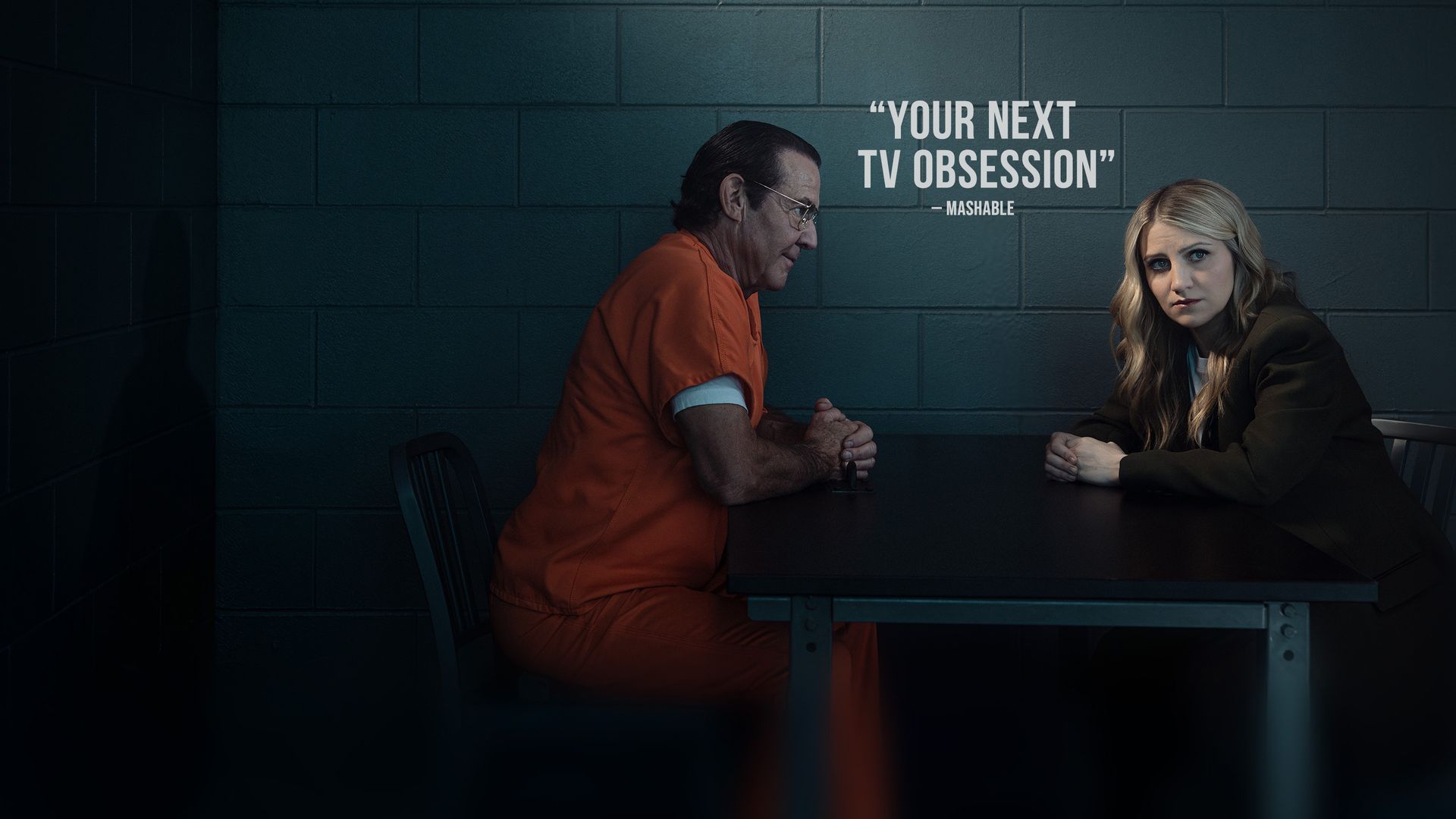-

Catch Up On The Latest Episodes
Follow the agents of FBI, FBI: Most Wanted and FBI: International as they pursue notorious criminals and solve high-stakes cases. -

Catch Up On The Series Finale
Legendary radio host “Poppa” has his point of view challenged at work and at home where he finds himself still parenting his adult son. -

CATCH UP ON THE SEASON FINALE
The story he never told— journey back to the origins of Leroy Jethro Gibbs. -

Catch Up On The Latest Episodes
A highly trained group of NCIS (Naval Criminal Investigative Service) personnel investigate all crimes with Navy or Marine Corps ties. -

SEASON FINALE STREAMING THURSDAY
Inspired by a true-life story, the Paramount+ Original Series follows Melissa Reed, daughter of the Happy Face Killer.




